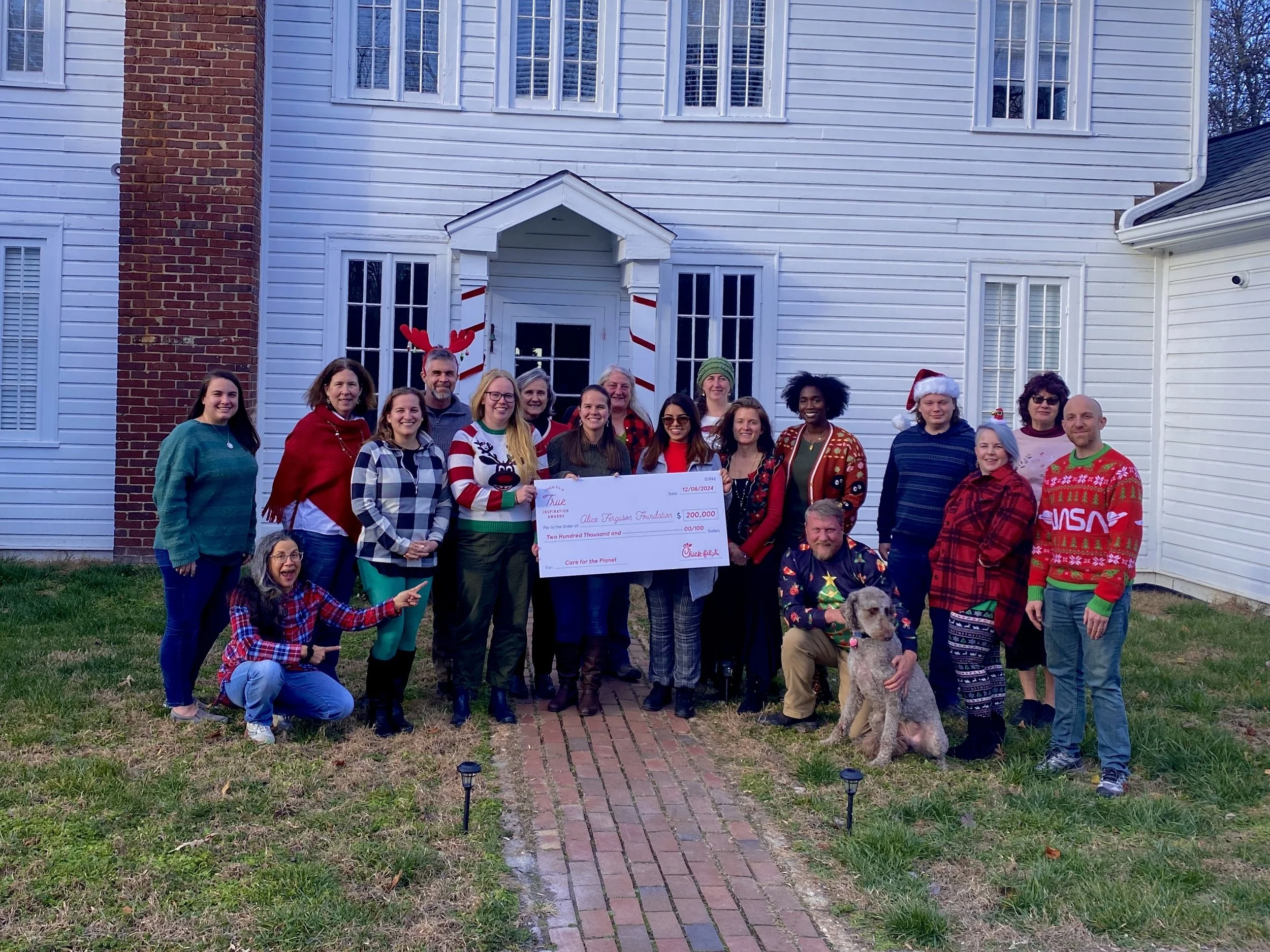Maryland Gov Wes Moore Proposes $63.1 Billion Budget With No Tax Increases
Wes Moore Submitted A $63.1 Billion State Spending Plan For The Next Fiscal Year To Avoid Tax Hikes And Address A Shortfall Of $1.1 Billion
By Brian Witte Associated Press
ANNAPOLIS, Md. (AP) — Maryland Gov. Wes Moore submitted a $63.1 billion state spending plan Wednesday that avoids tax hikes while using a variety of budget-balancing moves to close a deficit, part of a larger strategy to advance initiatives to boost public safety, expand affordable housing and support child care.
The budget plan for the next fiscal year addresses a shortfall of about $1.1 billion. It does that by leveraging the state's debt capacity. The budget also fills the gap by reigning in spending from funding formulas that grew unsustainably with federal pandemic aid — and by reallocating cash from special accounts created in past years that have generated interest and gone unused, state officials said.
"This budget is a reflection of our shared aspirations — our aspirations to make Maryland safer, to make it more affordable, to make it more competitive and to make it the state that serves, and we are going to realize these aspirations in a fiscally responsible way," Moore, a Democrat, said.
The governor highlighted public safety initiatives, including $127 million for local police agencies — a $5 million increase. It includes $10 million for a new center to help stop gun violence. The budget includes an additional $16 million for the state's Department of Juvenile Services.
At a news conference, the governor noted an additional $115 million for housing and community revitalization initiatives in the quest for a greater affordable housing supply.
"Our budget addresses two of the biggest strains on family bank accounts: housing and child care," Moore said.
Child care access doesn't just affect families, the governor said, noting its impact on the state's fiscal health. The budget includes $270 million in new funding to support and sustain rapid growth in the child care scholarship program.
"In order to get this economy going, we've got to make it easier for people to actually participate in the economy," Moore said.
The budget fully funds the state's Blueprint for Maryland's Future for the next fiscal year. That's the state's ambitious K-12 education funding law that is being phased in with larger funding increases in future years.
Moore also has set aside funding to increase the number of participants in the Service Year Option program he created last year. The program gives high school graduates a chance to earn at least $15 an hour as they gain practical skills to prepare them for college or a career. He said the increase also would allow the program to expand from 280 to 500 graduates.
The governor's budget unveiling marks a kickoff for work on the state's spending plan for the next fiscal year. The General Assembly, which is controlled by Democrats, will be working on the proposal for most of the legislative session.
"I thought it was a very, very solid start," said Sen. Guy Guzzone, a Democrat who chairs the Senate's budget committee, after a morning meeting with fiscal leaders at the governor's residence. "I think it's really very fiscally responsible, and it still protects our priorities, so we're going to move forward with it and I'm pretty excited to get started."
Republicans said they were relieved not to see any tax increases at a time when some Democratic lawmakers have discussed doing more to confront future budget crunches with new revenues during this session. Still, Republicans expressed concern about the future.
"Long-term, spending is still outpacing revenues and this budget does not identify a solution to this ongoing dilemma," said Sen. Paul Corderman, a Republican. "We must address these expensive mandates from the past and refrain from adding new ones that will further weigh down the budget."
The governor announced Tuesday that he was restoring $150 million in previously proposed transportation cuts. He said the state's rainy day fund would be tapped for a year to fully fund aid to local governments known as Highway User Revenue and other transportation goals. He initially proposed a $3.3 billion cut to the state's six-year spending plan for transportation, raising concerns among local officials statewide.
The large funding need for transportation and rising costs in education in future years have prompted some lawmakers to propose doing more to address those needs.
"The House is very much committed to resolving some of these long-term issues this session," said Del. Ben Barnes, a Democrat who chairs the House Appropriations Committee, after Wednesday's briefing with the governor.







